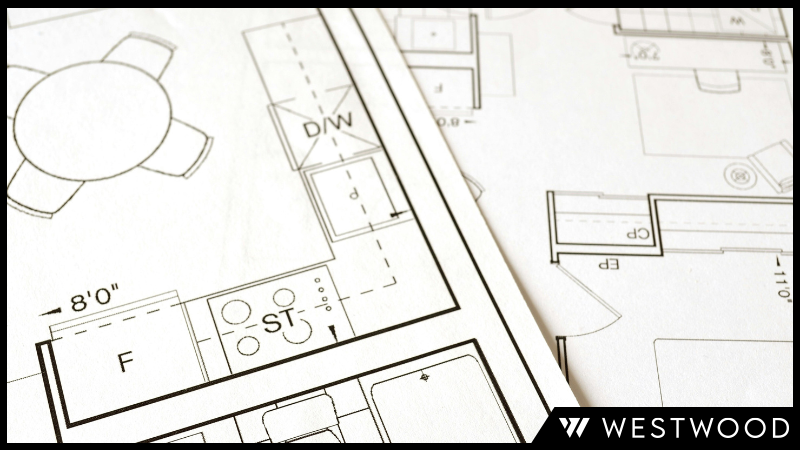
Planning a kitchen reno? Don’t let design regrets sneak up on you. In this helpful guide, Westwood Cabinetry’s expert designers reveal the Top 10 Kitchen Design Mistakes they see most often across Kelowna, Vernon, and Penticton—plus how to avoid them. From layout flaws to overlooked storage and lighting, these practical tips will help you create a space that’s as functional as it is beautiful. Whether you're upgrading a cozy condo or building your forever home, designing with intention makes all the difference.
Ready to begin? Book your free consultation today and bring your dream space to life with Westwood Cabinetry.
Planning a kitchen renovation? Avoiding a few common design mistakes can make the difference between a space that’s beautiful and functional, versus one that looks great but leaves you frustrated day after day. Based on real insights from our experienced team at Westwood Cabinetry here in the Okanagan, we’ve compiled the top 10 kitchen design mistakes we see—and how to steer clear of them.
Cabinet doors might be a more affordable option upfront, but drawers almost always win in terms of functionality. Drawers offer easier access, better visibility, and improved organization—especially in lower cabinets.
If you want a kitchen that works as well as it looks, drawers are often the better choice.
Corner cabinets are tricky—especially in tighter spaces. While swing-out shelves and carousel inserts might seem helpful, they often waste more space than they save.
In compact kitchens, straight drawer runs or simple shelving can provide more practical storage and eliminate the frustration of awkward corner mechanisms.
Sleek edge pulls can be stylish, but they’re not always the easiest to use—especially for those with grip or mobility issues. Combine that with soft-close drawers (which add some resistance), and the result can be surprisingly hard to open.
Our tip? Opt for edge pulls with plenty of overhang or choose full-sized handles that work for all users.
Even the most beautiful kitchen can feel dull without proper lighting. Relying solely on overhead lights often leaves shadows in important work areas. Instead, plan for layers of light: task lighting under cabinets, ambient lighting for mood, and accent lights to highlight key areas.
Place lights thoughtfully—especially over prep zones, islands, and sinks—for a kitchen that’s both bright and functional.
Cluttered counters are usually a sign that storage wasn’t well thought out. Think beyond upper and lower cabinets—add deep drawers, pull-outs for spices and pantry items, and consider appliance garages to keep everyday items tucked away.
Don’t forget to leave ample counter space near prep zones and cooking areas so everything you need is within reach.
It might not be the most exciting part of kitchen planning, but a designated waste and recycling area is essential. Whether it’s a double pull-out bin or a concealed system near the prep zone, it makes cleanup easier and keeps clutter off your floor.
Many people plan their cabinets and countertops first, but choosing your flooring early can save you time and stress. It’s easier to match cabinet finishes to your flooring than vice versa—and flooring plays a huge role in setting the tone for your kitchen.
Kara MacMillan suggests choosing something durable, easy to maintain, and timeless enough to carry through future design updates.
The placement of your sink, stove, and fridge matters more than you think. These three points should form a smooth, unobstructed flow so you’re not zigzagging across the kitchen while cooking.
If appliances are too close, too far, or blocked by obstacles, even simple tasks can feel tedious. A good layout makes the space easier—and more enjoyable—to use.
A kitchen island is a dream feature for many—but only when it fits. In smaller kitchens, forcing an island into the space can ruin traffic flow and functionality.
Allow a minimum of 36"–39" between counters in tight kitchens, and 48" in larger layouts for comfort and accessibility.
The most common (and most costly) mistake we see? Focusing purely on aesthetics without considering how you actually live. A kitchen might look stunning on Instagram, but if it doesn’t work for you, it will lead to daily frustration.
At Westwood Cabinetry, we always begin with the basics:
By understanding your lifestyle, we help you design a kitchen that feels as good as it looks—one that supports your daily routines and grows with your family.
Kitchen renovations are a big investment, and getting it right the first time matters. At Westwood Cabinetry, our experienced designers are here to guide you through each step—avoiding common pitfalls and helping you make smart, lasting choices.
Book a Free Design Consult Today
Visit Our Inspiration Gallery
Download Your Printable Kitchen Planning Checklist
Your dream kitchen starts with thoughtful planning—and the right team by your side. Let’s build something beautiful and functional, together.
Allow at least 36"–39" between counters in smaller kitchens, and 48" in larger ones. This gives enough room to open appliances and move comfortably around the island.
The work triangle connects your sink, stove, and fridge for efficient movement during cooking. Poor layout can lead to unnecessary steps and a less enjoyable kitchen experience.
Start by thinking about how you cook, who uses the space, and what currently frustrates you. Work with a designer who can help you make decisions that match your lifestyle and taste. Contact us today!
Whether you're transforming a living space or embarking on a new build, Westwood offers stylish and functional designs that elevate every room in your home. With a focus on exceptional quality, tailored solutions, and unmatched customer service, we bring industry insight and expertise to every project. Choose Westwood for outstanding cabinetry solutions that exceed your expectations. Connect with us today and experience the Westwood difference.